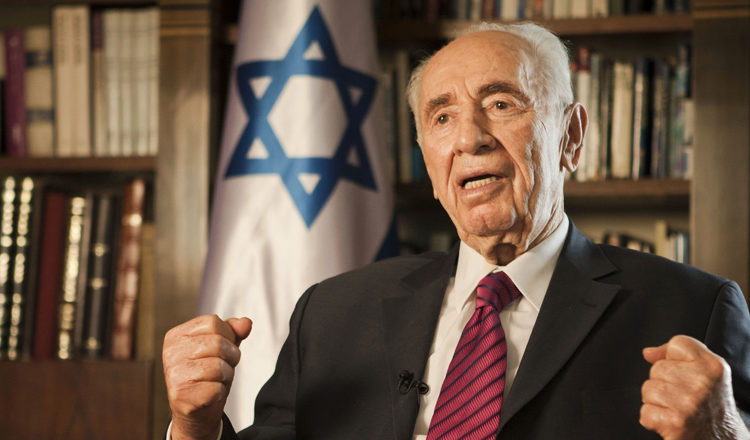
The other day a Ukrainian TV station contacted me and asked me whether we could do an interview about what spending one’s life in the shadow of a large and aggressive neighbor is like. As, for example, the citizens of the German Federal German Republic (until 1989), South Korea, Taiwan, and of course my very own Israel all have done. As so often happens, I found the question intriguing. So having spent some time mulling over it—I do not claim to have done much research—I jotted down some answers.
Ere we start, though, it is important to note that much will depend on who you are. Including: age, gender, marital status, education, profession, whether or not you have children to look after, how close to (or far from) the security apparatus you are, any advance training you may have received, etc. Visiting the FGR for the first time back in 1976, I was impressed by the fact that every single bridge and tunnel was marked with data, complete with pictures of tanks, about the weight and dimensions of the vehicles that could pass through. On another, more recent, visit I witnessed some firemen and their families having their picnic suddenly interrupted as sirens called on them to present themselves for duty. It was merely an exercise and everyone was sure of it. Still I was impressed by the calm, orderly way in which the men went about their business (the women, burdened as they were with children, stayed behind).
That said, based on my experience in three out of the four abovementioned countries as well as some of the literature, here are some of the ways people react to such a situation.
First, the ostrich syndrome. People ignore the problem as much as they can; and rightly so, or else they could not exist. This, my hosts during a short visit to Seoul (which is only some 50 kilometers south of the border with North Korea) is how the inhabitants of that city react. Having got used to it for seven decades, they simply refuse to take the announcements of their own security apparatus seriously but continue with their lives as usual. It has worked countless times in the past; so why not this one? Seoul at 1500 o’clock when young female office workers start flooding the streets—what a treat for the eyes!
Second, they share their worries with others in the hope of gaining relief. This is the Israeli method par excellence. For many years one of the most important words in the language was hamatsav (the situation). Humor, including black humor, helps. For example, German women during the last months of World War II used to tell each other that a Russian lying on one’s belly was better than an American flying high over one’s head. There were plenty of similar jokes floating about; by one story Hitler himself guffawed at them.
Third, they do, or at any rate pretend to do, something about it. As by laying down plans; cleaning up their air-raid shelters (those of them who have them); acquiring all kinds of emergency supplies such as water, canned food, batteries, first aid equipment, tools, and perhaps weapons; joining a civil defense organization; participating in all kinds of exercises; moving to a district or settlement less likely to be affected; and so on. In fact almost any kind of activity, by releasing dopamine or serotonin or devil knows what, can relieve the mind, redirect it and refresh it.
Fourth, they pray. That even goes for self-proclaimed atheists. I do not know how many times, I’ve heard Israelis say: I’ve just got a new baby. Pray that, eighteen years from now, he (much less often, she) will not have to join the military. Having three children and eight grandchildren, I should know.
Finally –
People, societies and circumstances vary enormously. However much thought governments, armed forces, social services and ordinary people invest in the matter, and however thorough the preparations they make, surprises are inevitable. Very often there is no knowing how the situation will unfold and how people will react when confronted with der Ernstfall, the real thing, as the Germans say. One moment the country is at peace. The next one the sirens come to life, bombs and missiles hit (or miss!) their targets, one finds oneself fighting for survival, and the chief of staff, having undergone a mental breakdown, resigns (this actually happened to the Norwegians when the Germans invaded them in 1940). Heroes become cowards and cowards, heroes. This may be carried to the point where heaven and earth literally change places.



